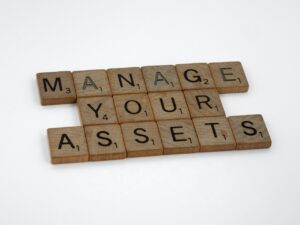
The cost of financial gifting
Written by R. A. Stewart
Most parents want to help their children any way they can. It is the natural thing to do but there can be a high cost to this if your generosity is at the expense of your own needs and wants.
Here are some of the most common ways family’s make gifts.
House deposit
The New Zealand consumer magazine says that on average, parents gave $108,000 in 2022 to their children for house deposits. 62% of parents used their own savings.
That money taken out of their own retirement savings will have a big impact on how much they will have when they retire.
What parents need to consider is how much that money they are going to give to their children would be worth if they invested it in the markets. I am no mathematician but even so, know that this is an enormous amount of money that they are sacrificing.
Some options need to be considered and one is guaranteeing the loan. If your son or daughter is able to take out the loan and parents guarantee the loan then this may be better. The parents still have their capital producing an income while at the same time their children are paying off the mortgage.

Early inheritance
It is good to leave an inheritance to your kids but not if they are just going to fritter it away and have nothing to show for it years later. After all, you were diligent enough to save and invest your money; if your kids have no interest in financial management then you are better off enjoying that money yourself or leaving it to a worthy cause. Another option is to have the money deposited into their kiwisaver so that they at least have the money when they reach the retirement age of 65. If your grown up children have learned to be responsible with their money then they will have their own kiwisaver account.
Getting your kids out of debt
Some parents will rescue their kids from debt time and again. It all depends on the circumstances of the debt. If your children have made a habit of getting into debt without learning how to manage without using credit then it is time for them to get budgeting advice. If it is you who have to make the sacrifices then it is time to put your foot down.

Lending for businesses
Some folk approach mum and dad for loans to fund their business. If you lend money to your kids you are missing out on the capital gain that you would have had if that money was invested in the markets. It is also worth keeping in mind that most businesses fail within five years so that money could be gone in no time.
Lending for a wedding
The average cost of a wedding in New Zealand is around $30,000. It is a huge amount when you consider that most marriages don’t last the distance. If you stumped up the cash to pay for your child’s wedding, that $30,000 that you could have invested in your own retirement fund will mean that there will be a lot less money when you retire.

Educational loans
In New Zealand student loans are interest-free, so it just does not make sense to pay off your children’s educational loans when that same money could be invested and grown. Is it any wonder that student loan debts total over 2b in New Zealand. In 2021 there were over 14,000 kiwis who owed over $80,000.
About this article
The information here is of the writer’s own opinion and may not be applicable to your personal circumstances, therefore, discretion is advised.
You may use this article as content for your website/blog or ebook.
Read my other articles on www.robertastewart.com



















